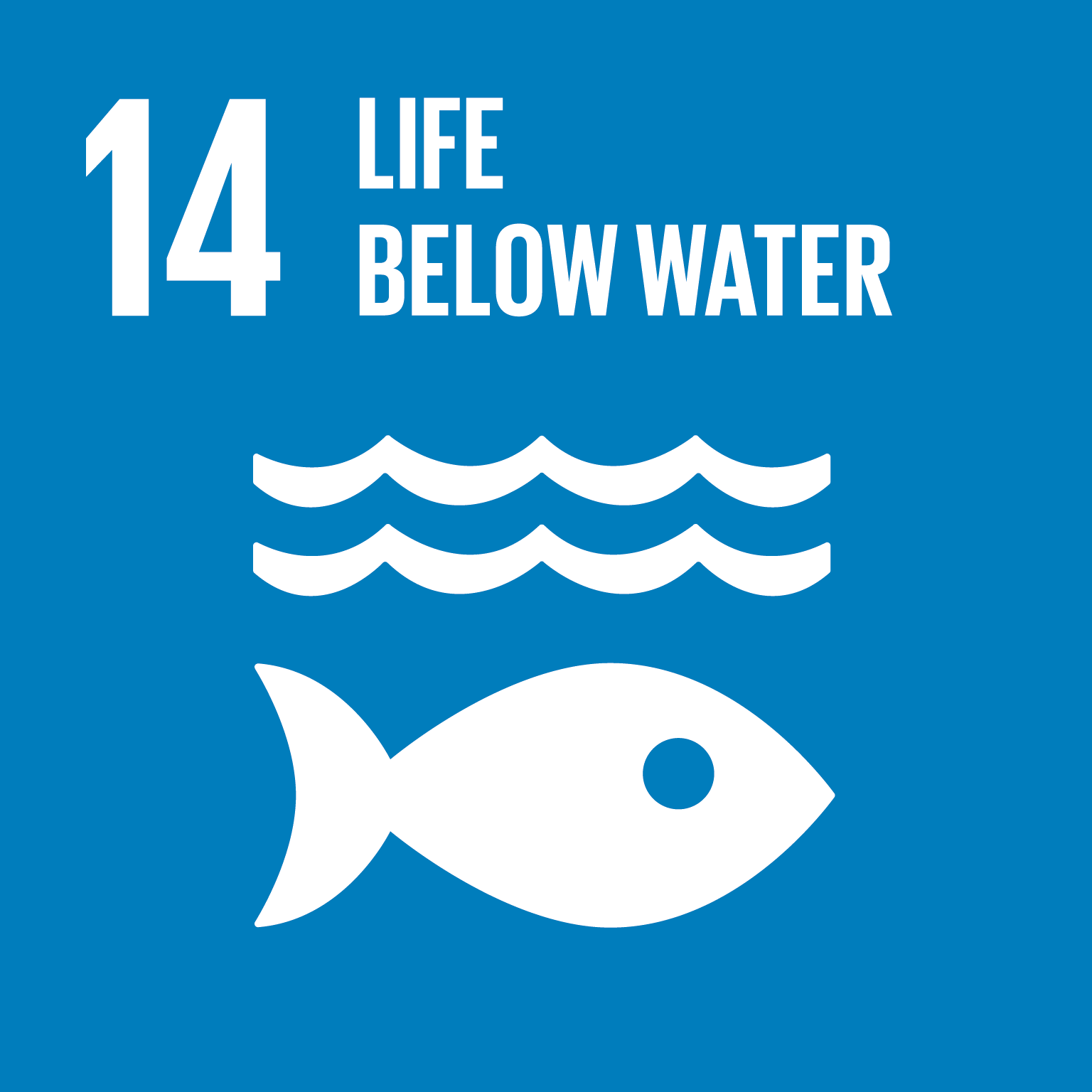Global Civil Society & the UN Sustainable Development Goals
Goal 14: Conserve and sustainably use the oceans, seas and marine resources
Goal 14 is about conserving and sustainably using the oceans, seas and marine resources. Healthy oceans and seas are essential to human existence and life on Earth.
The Ocean is intrinsic to our life on earth. Covering three-quarters of the Earth’s surface, contain 97 percent of the Earth’s water, and represent 99 percent of the living space on the planet by volume.
They provide key natural resources including food, medicines, biofuels and other products; help with the breakdown and removal of waste and pollution; and their coastal ecosystems act as buffers to reduce damage from storms. They also act as the planet’s greatest carbon sink.
Worryingly, marine pollution is reaching extreme levels, with over 17 million metric tons clogging the ocean in 2021, a figure set to double or triple by 2040. Plastic is the most harmful type of ocean pollution.
Currently, the ocean’s average pH is 8.1 which is about 30 per cent more acidic than in pre- industrial times. Ocean acidification threatens the survival of marine life, disrupts the food web, and undermines vital services provided by the ocean and our own food security.
Careful management of this essential global resource is a key feature of a sustainable future. This includes increasing funding for ocean science, intensifying conservation efforts, and urgently turning the tide on climate change to safeguard the planet’s largest ecosystem. Current efforts to protect are not yet meeting the urgent need to safeguard this vast, yet fragile, resource.
